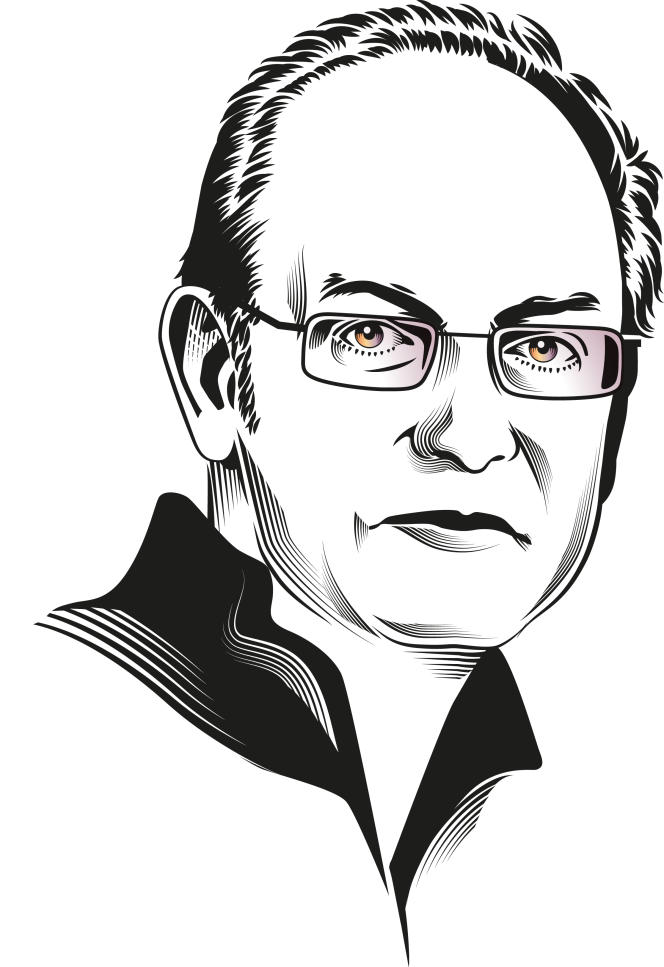In Rape Denial. Narrative justice essay (Michalon, 224 pages, 20 euros), Denis Salas, magistrate and essayist, who directs the review The Notebooks of Justice and the French Association for the History of Justice, analyzes the“thick wall of silence” which the victims of this crime have come up against for centuries.
In the subtitle of your book, you indicate that it is not an essay, like your previous books, but a “narrative justice essay”. What do you mean ?
I mainly started from the stories of women victims of sexual violence and their criticism of justice. The legal system and its formalism mask the reality of the facts: only a narrative approach that draws on testimonies, but also on literature, can highlight the unique human experience of victims of intimate violence. I have long been struck by the relationship between the world of justice and the literary world: both highlight the singularity of people and their relationships, both explore the exacerbated depth of feelings.
You cite works by Nancy Huston, JM Coetzee, Octave Mirbeau, Montherlant, Georges Bernanos, Maupassant, and even a fable by La Fontaine. What do they bring to our understanding of rape?
They are essential. I had been overwhelmed, as an adolescent, by the passion of the Abbé de Pradts for his pupil in Montherlant’s play, The City whose prince is a child. At the time, the author placed himself exclusively on the side of this priest who holds this teenager under his influence. But while reading Sebastien Roche, the autobiographical novel by Octave Mirbeau, I discovered the story of a boy similarly placed under the cane of a priest, and his vision is the opposite: he describes this hold as a “slow assassination”. The power of these stories guided me: I have the feeling that art, in all its forms, is a place of outpouring and sublimation of humiliations. Such works transport us to the experience of the violence suffered, which otherwise would remain unshareable.
How has justice viewed rape for centuries?
Rape existed, in the past, in the laws, but it was thought of not as violence against a person, but as an attack on the reputation of a name, of a family: outraged paternity caused the victim to disappear. Criminal justice focused on visible violence and only dealt with sexual crime if it disturbed public order. This story does not belong to the past: even today, in heavily patriarchal cultures, silence is preferred to scandal. See the testimony of the Japanese journalist Shiori Ito, the author of The Black Box (Philippe Picquier, 2019), who is at the origin of the #wetoojapan movement: because her complaint was dismissed, she had to settle for financial compensation in civil proceedings.
You have 72.01% of this article left to read. The following is for subscribers only.
